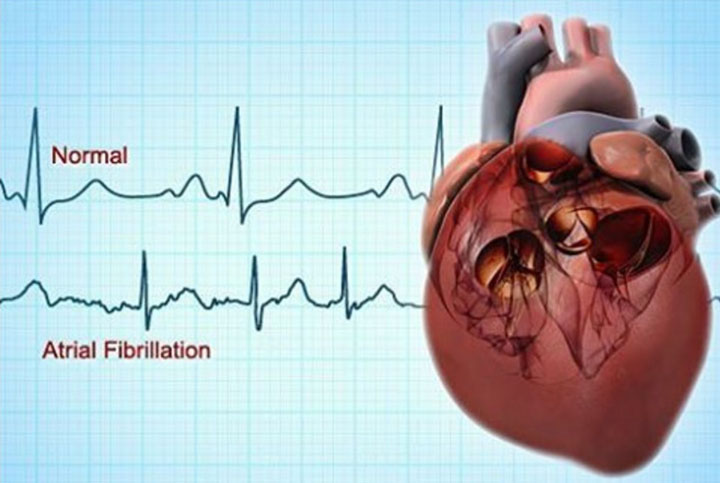Atrial fibrillation, also known as Afib, is an irregular heartbeat that can lead to heart failure, blood clots, stroke, and other heart conditions. But what can you do if you have Afib and want to avoid kidney disease? Or what if you have both and want to avoid the dangers? Well, the first step is to understand both conditions and the connection between them. Also, you need to know how to prevent the complications and reduce the risks. Although atrial fibrillation increases the risk of heart-related deaths, very few patients are aware of this. In fact, according to statistics, only a paltry 33% think that this is a serious condition.
Facts about Afib and Chronic Kidney Disease
One of the common causes of arrhythmia is atrial fibrillation. On the contrary, chronic kidney disease refers to a condition in which your kidneys are not able to filter your blood effectively. Studies indicate that 26 million adults in America suffer from kidney disease, and 24% of these people also have Afib.

Source: instagram.com
Apart from the fact that these two complications normally occur together, suffering from atrial fibrillation can worsen your condition if you are already suffering from a chronic kidney disease. Scientists have noted that those with chronic kidney disease and atrial fibrillation are very likely to develop kidney failure than those who suffer from a chronic kidney disease without Afib. If you have atrial fibrillation, developing a chronic kidney disease also increases your risk of having a stroke.
How Atrial Fibrillation and Chronic Kidney Disease Are Connected
According to numerous medical journals, if you have an advanced chronic kidney disease, you have an increased risk of developing atrial fibrillation. The shocking news is that 1 out of 5 people with a chronic kidney disease already has atrial fibrillation.
If you are an adult male suffering from high blood pressure, diabetes, and congestive heart disease, you have a higher risk of developing both conditions. This makes it difficult to understand how kidney disease and Afib are interconnected. However, it’s clear how atrial fibrillation can make your chronic kidney condition worse. For instance, Afib can cause poor blood flow, thereby putting a lot of pressure on your kidneys, leading to a serious kidney condition. Also, this may lead to the formation of small blood clots.
How to Reduce the Risk of Chronic Kidney Disease and Atrial Fibrillation
One of the best ways to manage the risks of both conditions is to keep your physician in the loop about all the symptoms you are experiencing. To lower your risk of developing atrial fibrillation and chronic kidney disease, you must learn to maintain a healthy lifestyle. If you are suffering from either or both, you need to take your medications and get a proper Afib treatment so as to minimize your chances of facing further complications.

Source: Thinkstock/Dirima
The aim is to keep your blood circulatory system in the best state. Remember, most of the underlying conditions that might lead to the onset of Afib are obesity, thyroid disease, family history, sleep apnea, chronic lung disease, and diabetes.
If you are already suffering from one or some of these conditions, you need to follow these guidelines to help prevent chronic kidney disease and atrial fibrillation from taking over your life.
- Make sure that your cholesterol level is in a safe range.
- Do not smoke.
- Avoid putting too much salt in your food.
- Reduce or do away with alcohol and coffee.
- Exercise regularly.
- Strive to maintain a healthy weight.
- Always have a diet that is heart-healthy and rich in fiber and fresh vegetables
- Keep your blood pressure in the normal range.
Finally, make sure your physician is keenly monitoring your situation to reduce your risk of having a stroke by putting on the most fitting Afib treatment plan, especially if you also have a chronic kidney disease.
Featured Image Source: instagram.com
Sourced from: everydayhealth.com

